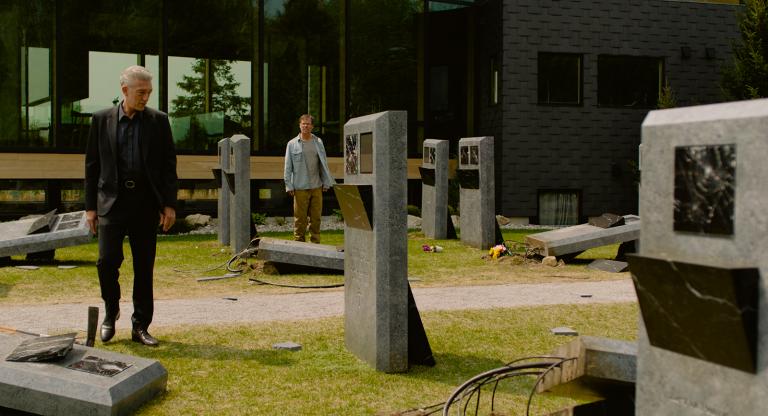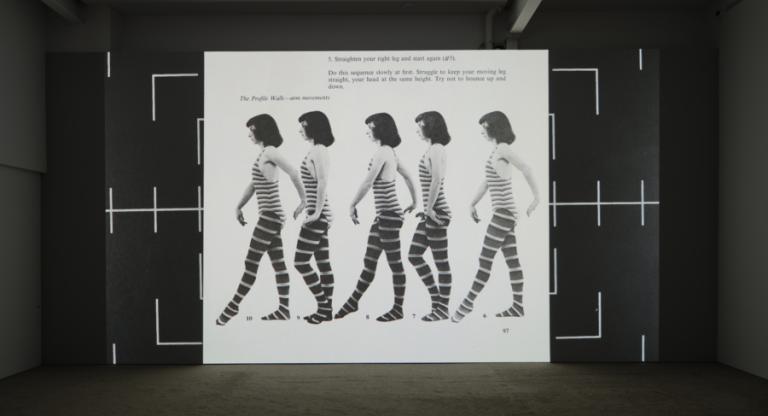A romcom, both wistful and bawdy, Jacques Audiard’s Paris, 13th District (2021) deserves comparison with Wong Kar-Wai’s Chungking Express (1994), in part because the performance of Lucie Zhang brings back the memory of Faye Wong in the latter movie, both novice actors lighting up the screen with the sparks that fly from their volatilely mixed impulses, which explode in dance sequences as idiosyncratic as they are ecstatic. And like Chungking Express, Paris, 13th District is a film of criss-crossing storylines, all of them suggesting that coming-of-age narratives should not be limited to adolescents and may very well pertain to some of us until we die.
Zhang plays Émilie, who lives rent-free in a high-rise apartment that belongs to her Taiwanese grandmother, now moved to a nearby retirement home. Working a low-paying temp job, Émilie advertises for a roommate and is surprised when the Camille (Makita Samba) who rings her bell is a guy. They immediately fall into bed and, despite their assertion that this is hooking up without involvement, we may sense that a rare chemistry exists between them. But Camille is on the move, leaving his teaching job to work at a real estate agency while he writes his dissertation. There he meets and beds Nora (Noémie Merlant), whom we met earlier in a law-school classroom, she having fled small-town life for Paris. One night, Nora goes to a classmate’s party in a blonde wig where she is mistaken for Amber Sweet (Jehnny Beth), a notorious cam girl. The subsequent whisper campaign by law students, who act like they are still teenagers, causes Nora to ditch school, but also makes her curious to know more about her lookalike.
Since Merlant played the painter in Céline Sciamma’s Portrait of a Lady on Fire (2019), and Sciamma collaborated with Audiard and Léa Mysius on the screenplay for Paris, 13th District, we shouldn’t be surprised that Nora discovers she and Camille aren’t a good fit, and that what she wants is to meet Amber in the flesh, meaning in the black-and-white Paris of this film, where only Amber’s virtual seductions are depicted in color. The myriad shades of gray in Paul Guilhaume’s luminous, fluid cinematography seem like something out of the past—i.e., B.C. (before Covid), when intimacies with strangers were not fraught with the same kind of dangers they are today. We remember that world as if it were yesterday and dream of its return in a future that has never seemed more remote.
Paris, 13th District screens through April 21 at IFC Center.






